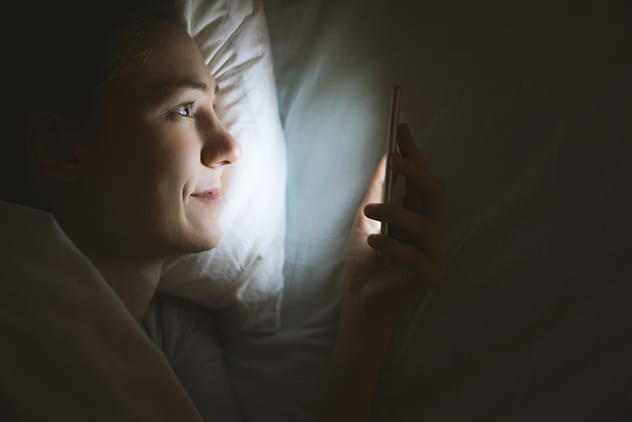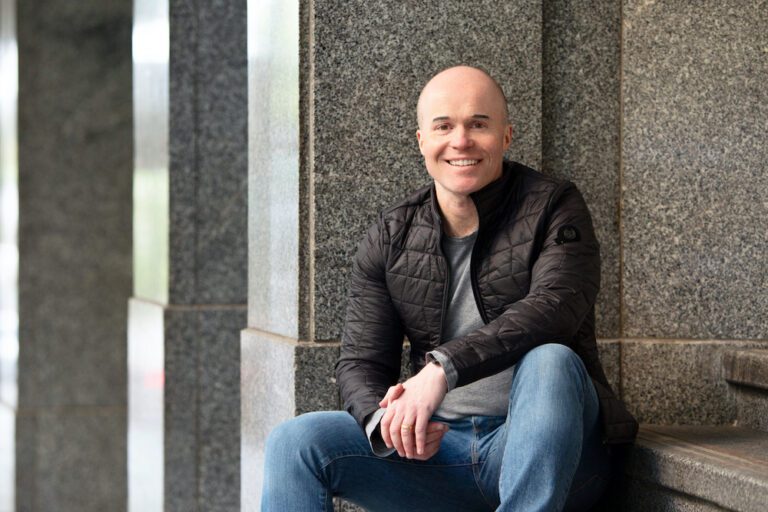According to the data as of June 2020 more than half of the world’s population is now using social media, up 10% since the same time last year.
It comes as no surprise that Facebook, YouTube, Whatsapp, Facebook Messenger and Tik Tok are the most popular social platforms among users.
Additional stats revealed that 38% of New Zealand’s internet users aged 16 to 64 said they spent more time using social media due to COVID-19, with social media use in New Zealand growing by 6% since the same time last year.
People spent a whopping average of 6 hours and 42 minutes per day using the internet, 90% of which was via a smartphone.
“Our lives are becoming increasingly interwoven with the digital world, and the acceleration of social media use globally is another reflection of this. It’s significant that so many of us are now on social media, using it in a variety of different ways; for news, opinions, information and entertainment; to socialise and, increasingly, to inform purchase decisions,” said Nathan McDonald, global chief executive, We Are Social.
“Social media has been an integral part of the way we communicate with one another for a long time, but this evolution shows just how much it impacts multiple aspects of our lives right now, and in the future.”
Too much of a good thing?
While the internet and social media platforms undoubtedly play a positive role in keeping us update to date with news and keeping us connected with friends and family around the globe, there’s also a darker side to spending too much time glued to our screens.
A 2018 study in the Journal of Social and Clinical Psychology found that using less social media than you normally would leads to significant decreases in both depression and loneliness.
Another 2019 study by Lancaster University found that social network users risk becoming more and more addicted to social media platforms even as they experience stress from their use.
With that in mind, we’ve rounded up a couple of tips and tricks to keep our screen-time habits healthy:
- Remember social media is often just a ‘highlights’ reel
If you find yourself comparing to people you follow on Instagram or other social media platforms, it might be time to step back and remember a lot of what we see is highly curated and just not real. “It may be simply a person’s life “highlights reel,” says psychologist and director of BodyMatters Australasia, Sarah McMahonbut. Even then, it is most likely to have been carefully selected and curated. “Rather than presenting idealised versions of ourselves and shaping how we want people to see us, dare to be different, dare to be authentic, dare to be real,” suggests McMahon.
- Choose what you consume wisely and take somethings with a grain of salt From diets to new fitness fads, everyone is an expert on social media these days. “Credibility and authority are given to social influencers – those who meet current beauty ideals and/or those who have lots of ‘followers’,” says McMahon. She adds that this is regardless of what practices they may actually engage in and what the science behind these practices is. “The real tragedy occurs when the masses earnestly follow this advice, making them physically or psychologically unwell,” she adds. Challenge what you see on social media and if it’s diet or fitness-related advice that you’re after, it’s always best to seek the help of a professional.
- There’s more to life than social mediaSocial media creates a forum where the preoccupation is on looking perfect explains McMahon. “Ultimately this means people spend significant time engaging in impression management for self-enhancement, what psychologists refer to as “faking good”, ironically leaving us all feeling bad because “everyone else has a more interesting/ happier/ successful life than me”,” she says. McMahon says there’s great danger in doing this as it moves our motivation away from how things make us feel and onto how we look. “Making social comparisons has been demonstrated as being unhelpful at the best of times, but particularly when the environment is a constructed reality, to begin with.”
- Set limits and unfollow as necessaryIf you think your social media habit is impacting on your wellbeing it might be time to impose some limits around its use. “Notice when you do not feel good after engaging in social media usage. Get used to deconstructing the messages you see,” says McMahon. If social media is getting you down, it might be time to do a cull of who you follow. Following other users that make you feel good about yourself should be the golden rule.







